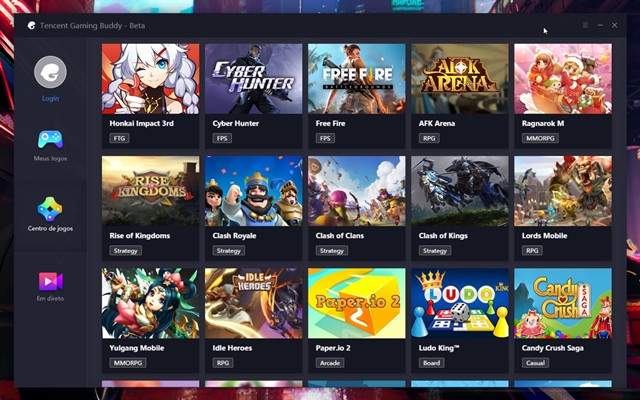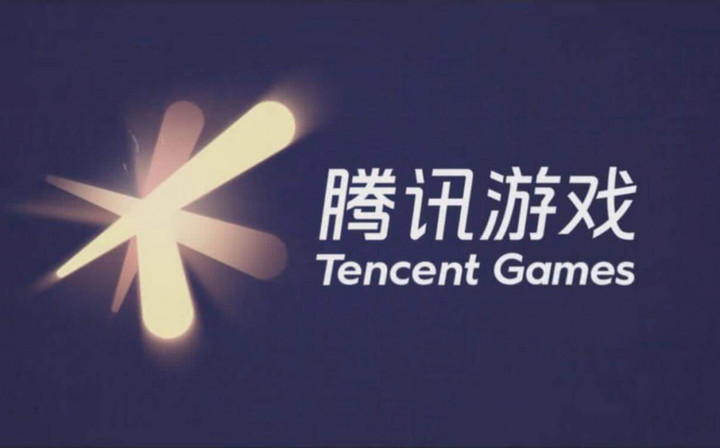The Chinese gaming giant, Tencent, has deployed a dystopian-like facial recognition system that should help to detect minors who play games during gaming curfew hours.
Back in 2019, the Chinese media regulator, the State Administration of Press and Publication (SAPP), has passed several regulations in order to prevent gaming addiction, something that has been seen as a huge issue in Chinese society.
Amongst many other restrictions, like limiting money spending and time spent playing, the regulatory body ordered video game publishers to take measures in order to prevent minors from playing games between 10 pm and 8 am.

This has led to players being forced to register their gaming accounts with real-life identities, as that was the only way for publishers to know if users behind these accounts are adults or minors.
This was considered a huge breach of privacy, but now Tencent is making an even more intrusive step in order to enforce curfew hours for minors.
Tencent has introduced a new facial verification system which they call "Midnight Patrol" with the purpose of monitoring players and detecting those who are spending an excessive amount of time gaming during the curfew hours.
"Anyone who refuses or fails face verification will be treated as a minor and included in the anti-addiction supervision of Tencent's game health system and kicked offline," Tencent wrote in a press release.

Initially, the facial screening feature will be implemented in over 60 popular titles, including "Glory of the King" and "Peace Elite" but more games will see this system added in the upcoming months.
According to Tencent, this feature has been implemented because "kids are using tricks" to bypass restrictions and play games at night, and the face recognition system should prevent that from happening.
It goes without saying that forcing facial recognition has a very Orwellian feeling written all over it, despite seemingly being implemented for good reasons, to prevent unhealthy behaviour in minors.
Technologies like this are jeopardizing the basic right to privacy and are threatening to open a Pandora's Box of further supervision regulations justified by other seemingly good causes.

 No ads, our video library,
No ads, our video library,

